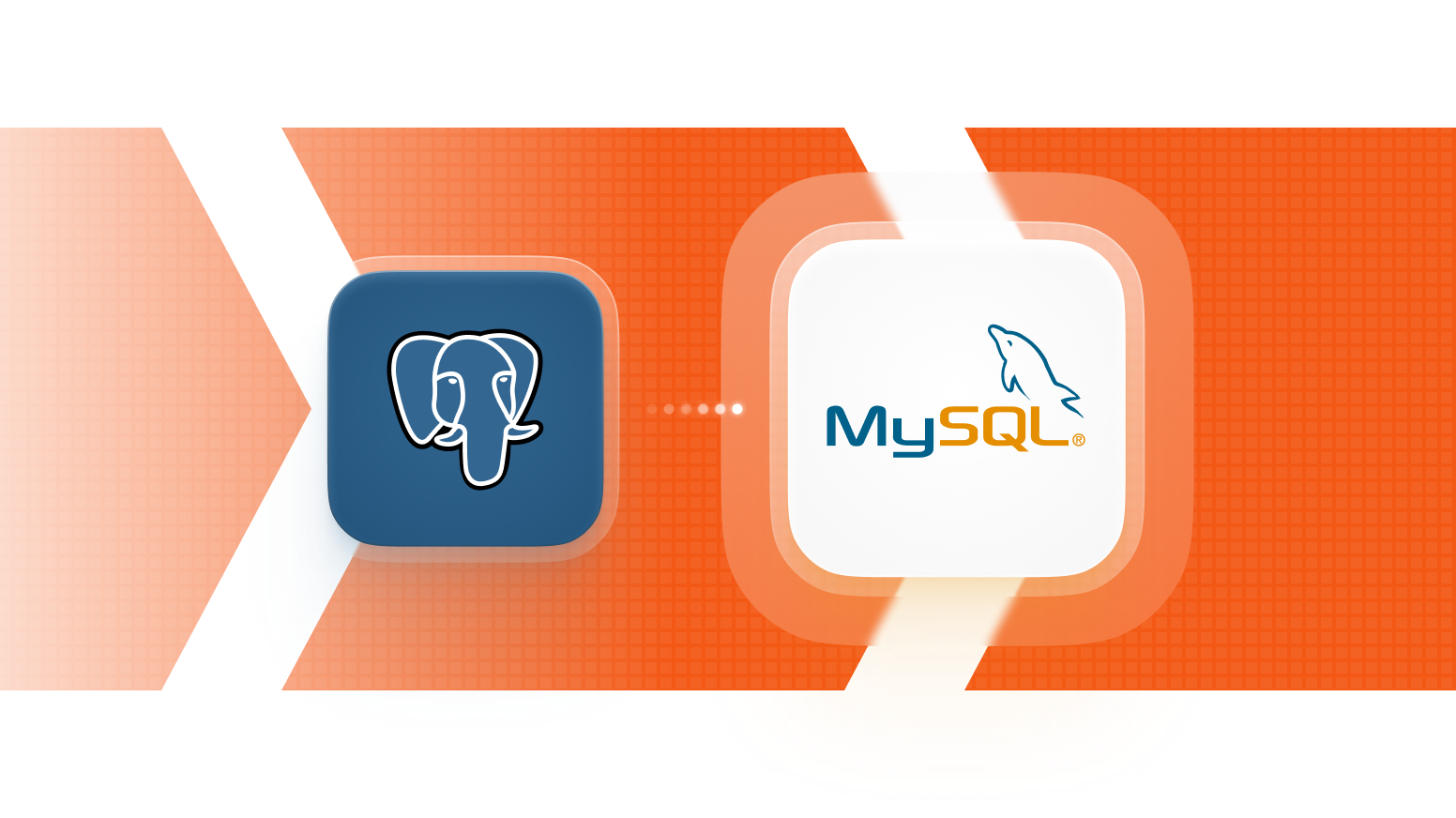
Migrating from Postgres to MySQL
Learn how to migrate from Postgres to MySQL Postgres vs MySQL incompatibilities and more.


Introducing the PlanetScale API and OAuth applications
Manage your databases programmatically with the PlanetScale API.


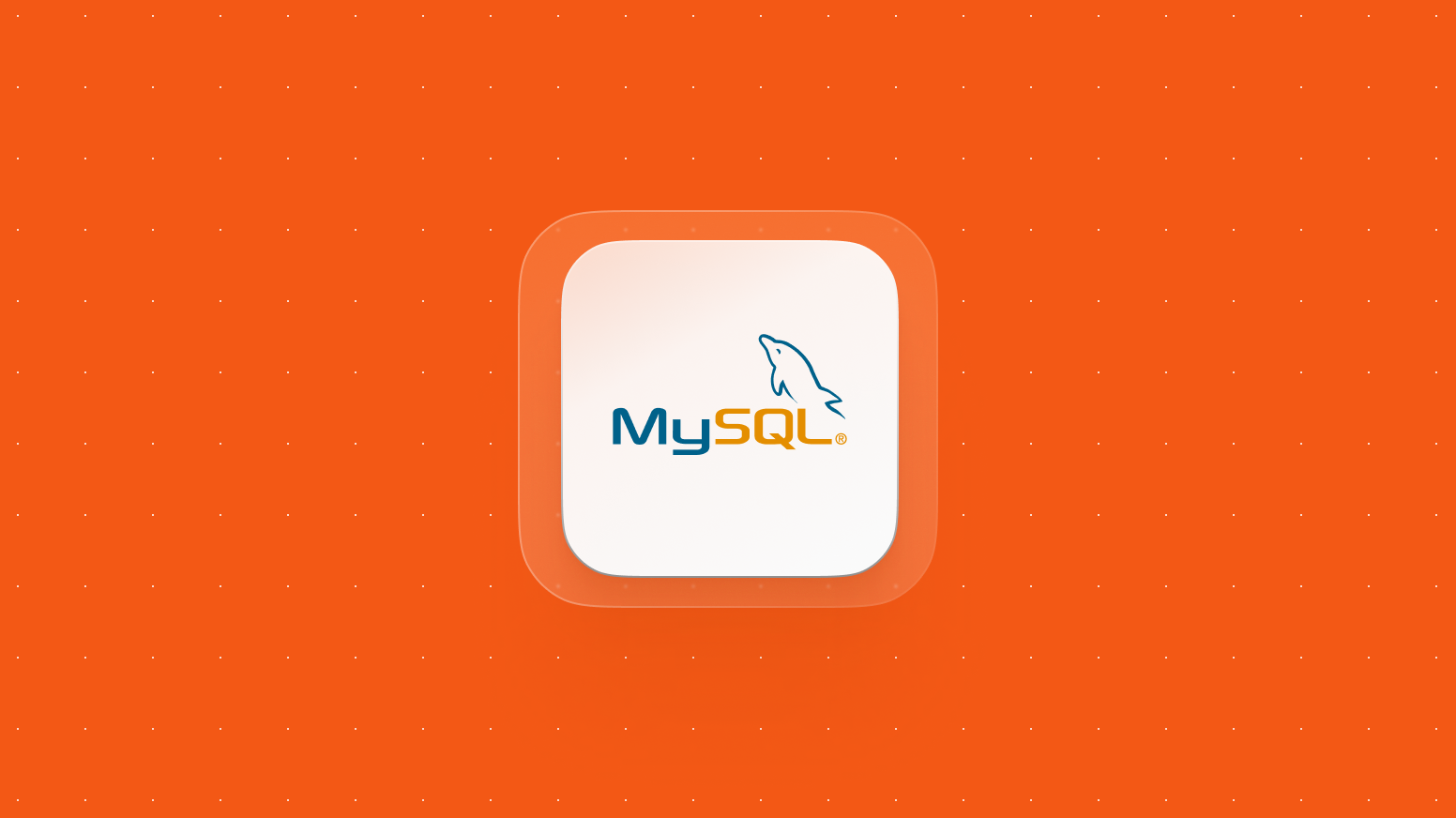
Common MySQL errors and how to fix them
An overview of some common MySQL error codes you may run into what they mean and how to solve them.


MySQL scaling made easy
Learn about sharding, connection pooling, and more from PlanetScale Technical Solutions Architect Jonah Berquist.

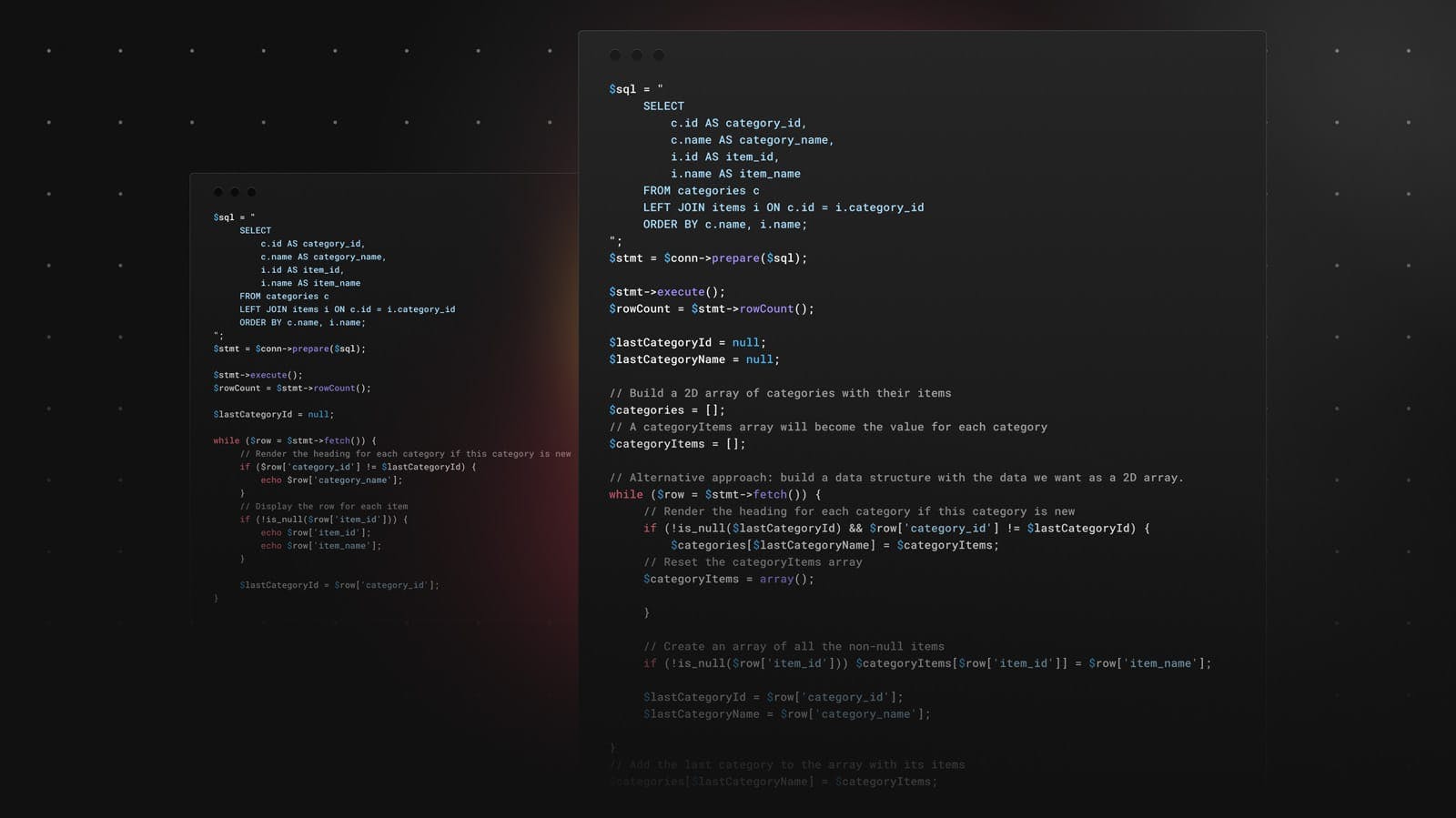
What is the N+1 Query Problem and How to Solve it?
Learn what the N+1 queries problem is by working through an example N+1 query updating it to a JOIN statement and going over how to identify them in the future.


Support’s notes from the field
A quick glimpse on Support at PlanetScale and the issues we see the most often.

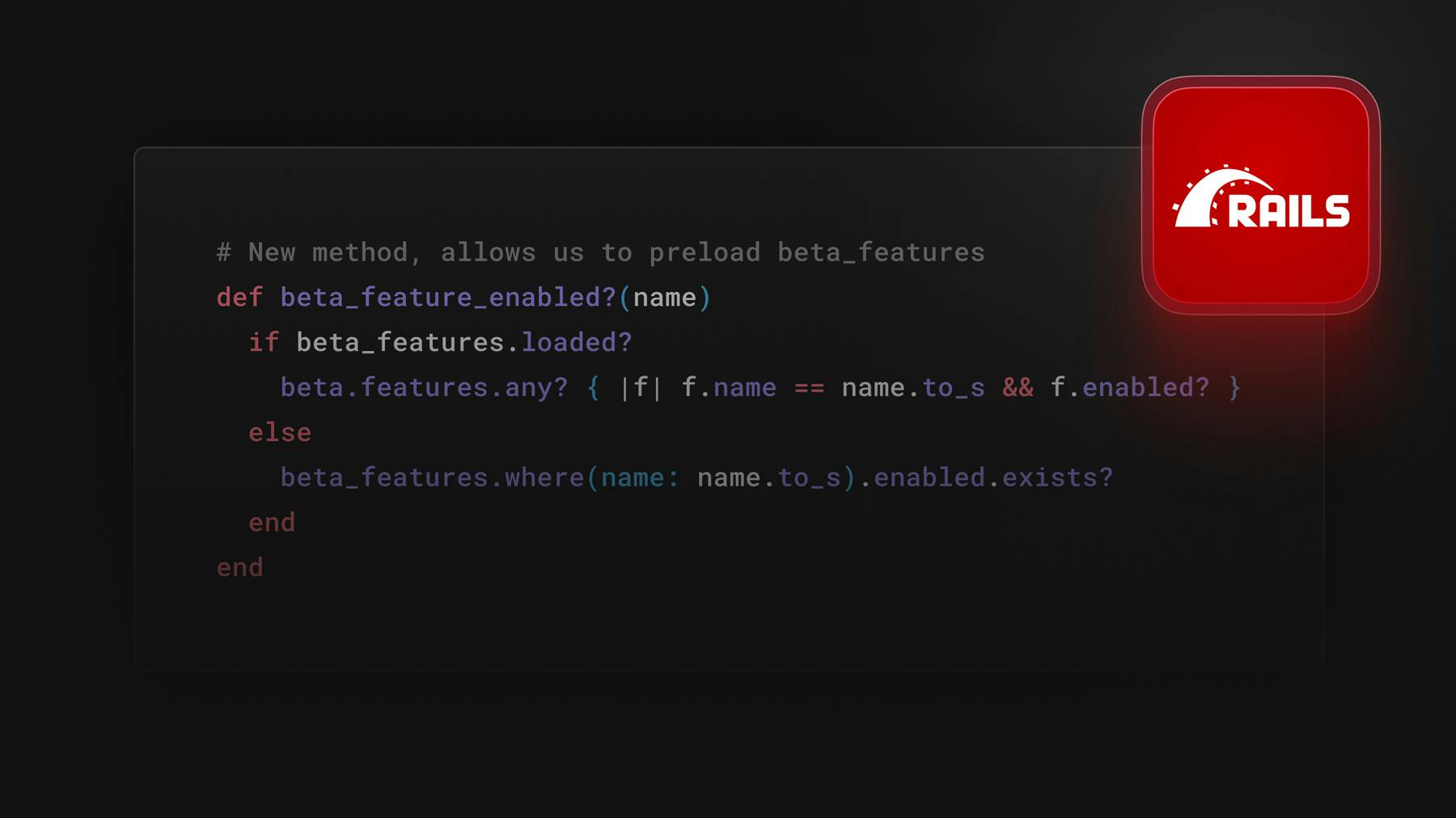
Solving N+1’s with Rails `exists?` queries
Learn how to solve your Rails applications N+1’s caused by `exists?` queries.

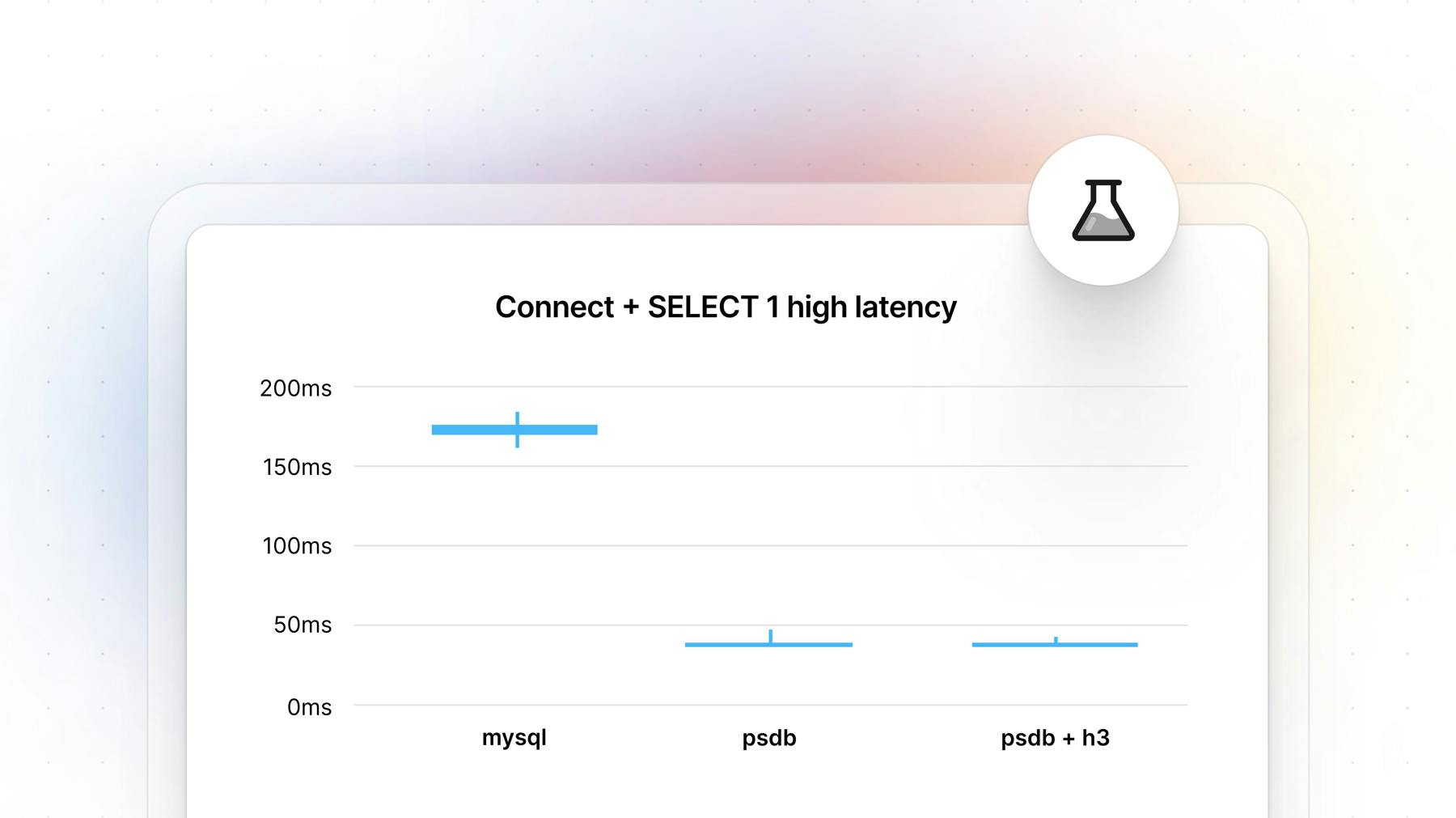
Faster MySQL with HTTP/3
In this article we explore how our HTTP/3 API compares to the latency of a traditional MySQL client.

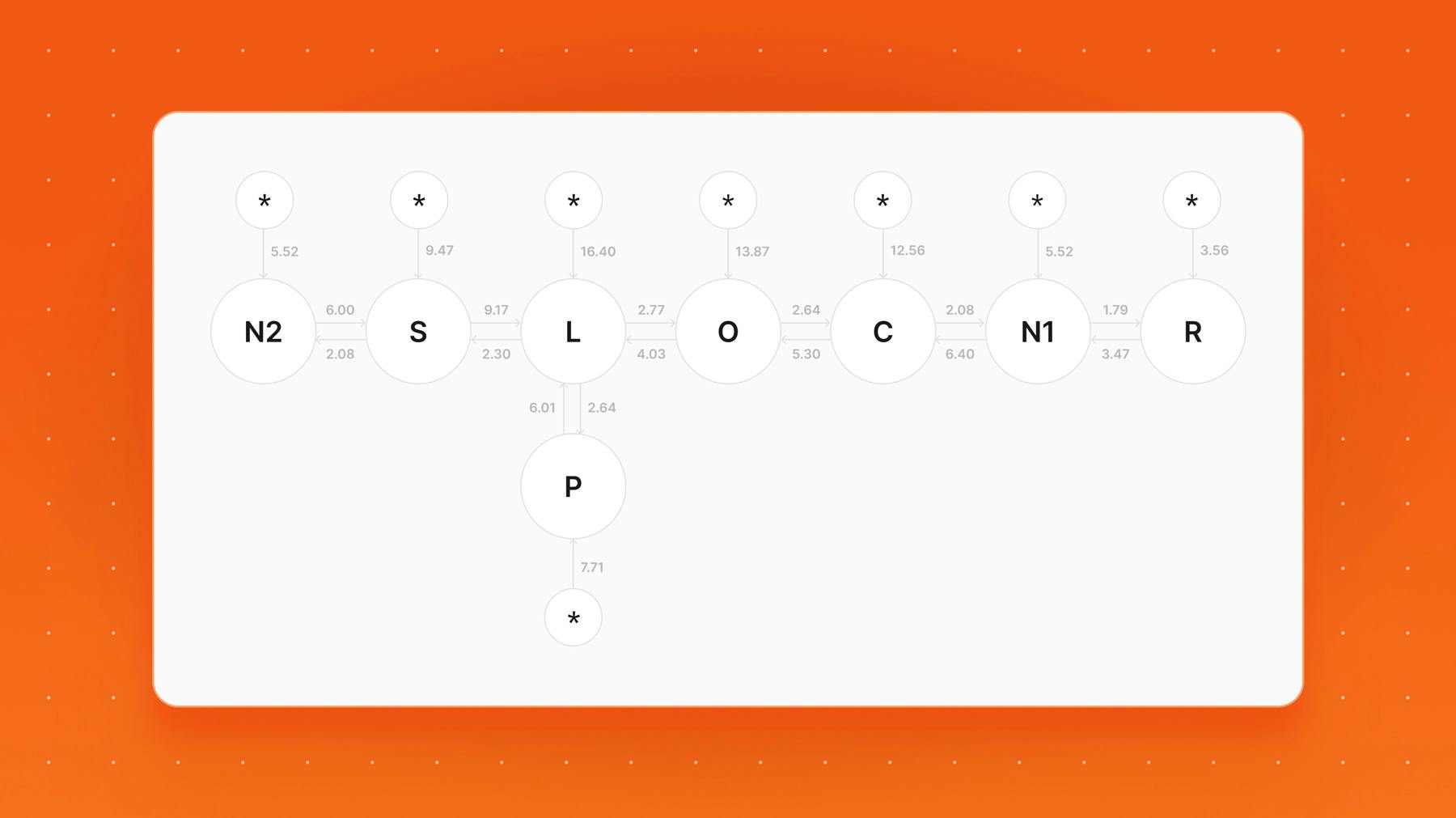
What is a query planner?
Learn how query planning works and why query planners are important.

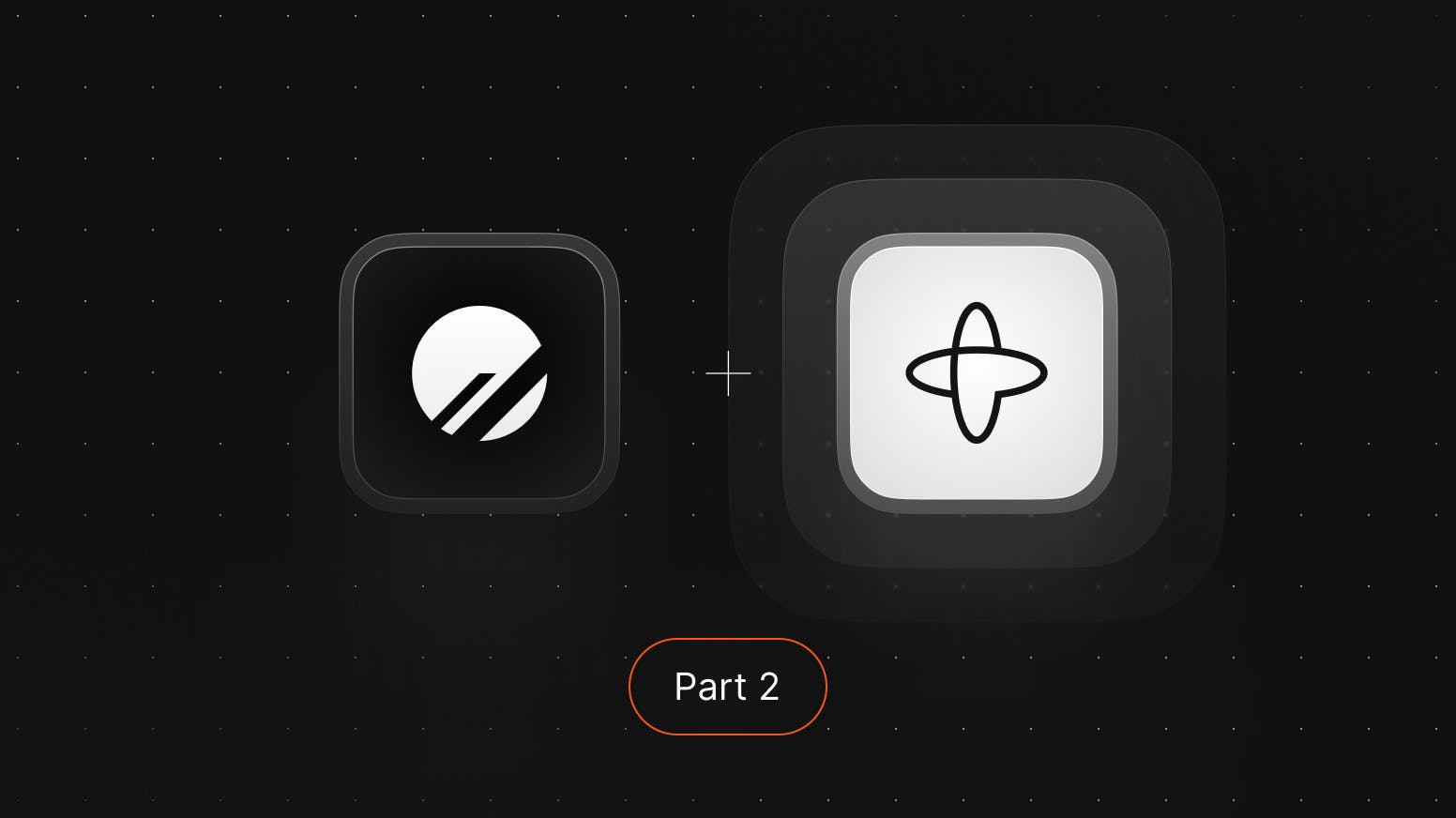
Temporal workflows at scale: Part 2 — Sharding in production
Learn how PlanetScale simplifies the process of running Temporal in production by looking at how our customer runs heavy production workloads.

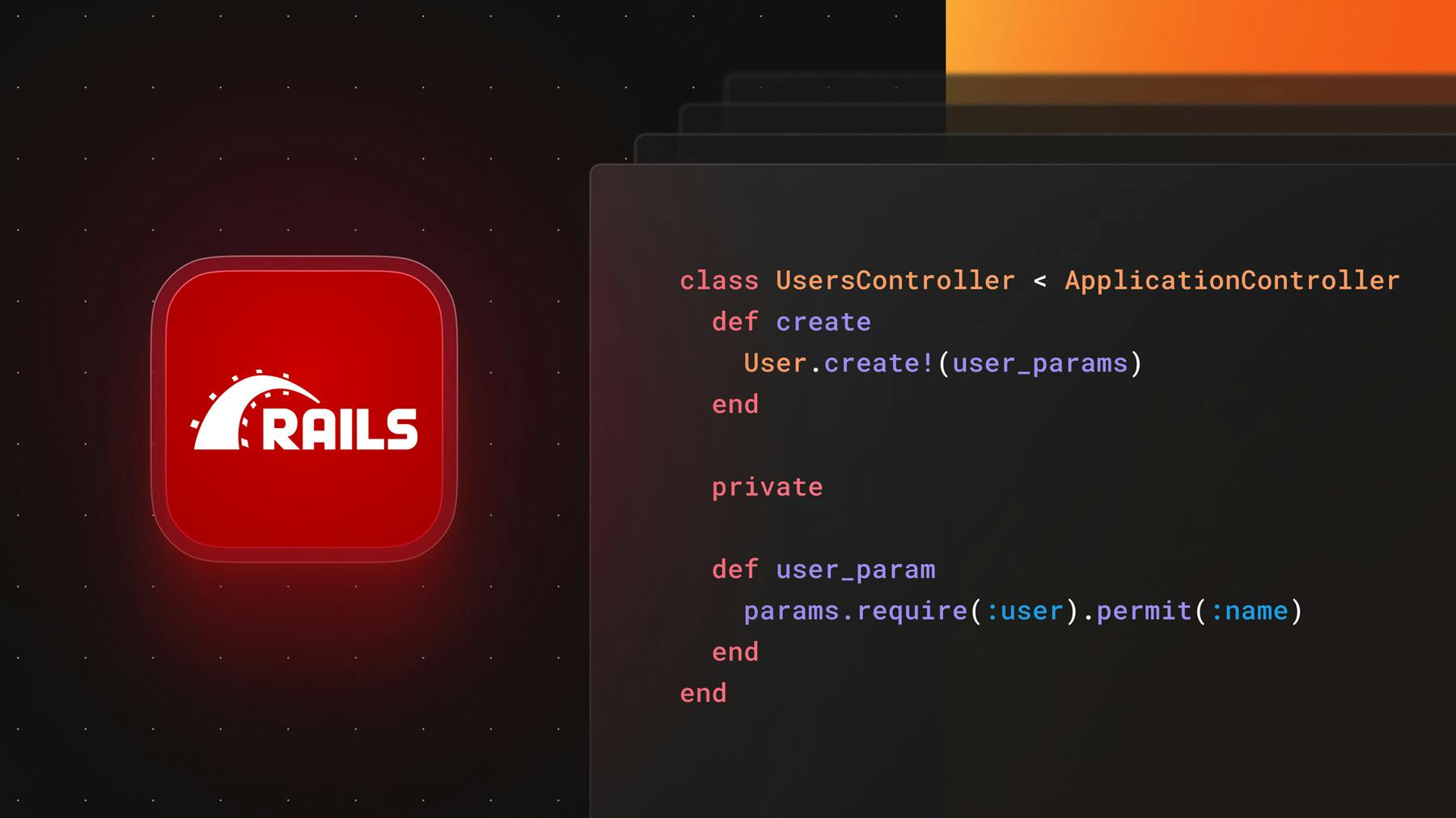
Rails’ safety mechanisms
A comprehensive overview of Rails’ many safety features that can help you prevent painful mistakes.

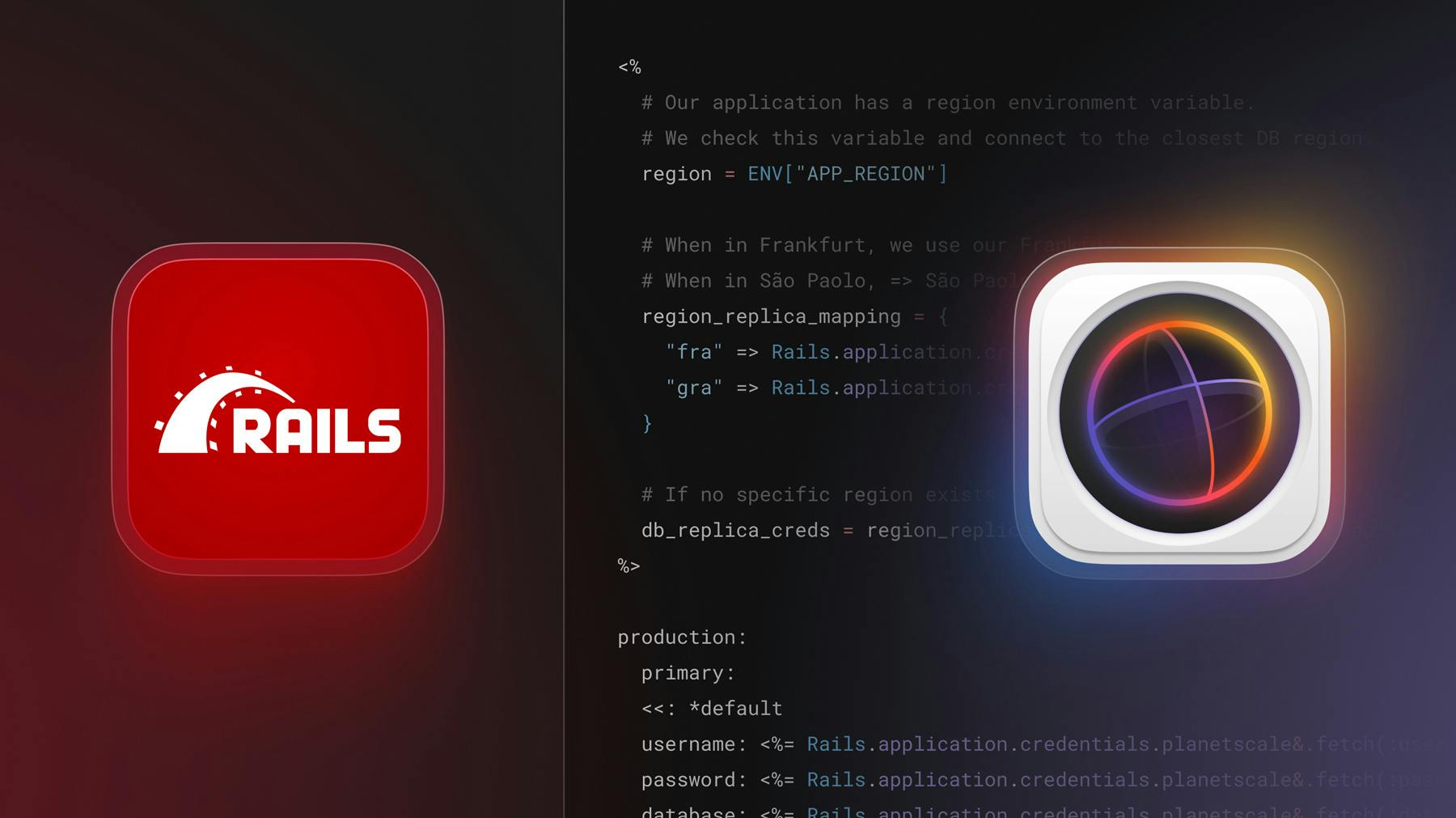
Building a multi-region Rails application with PlanetScale
Learn how to configure your database in a multi-region Rails application to decrease latency across the globe.

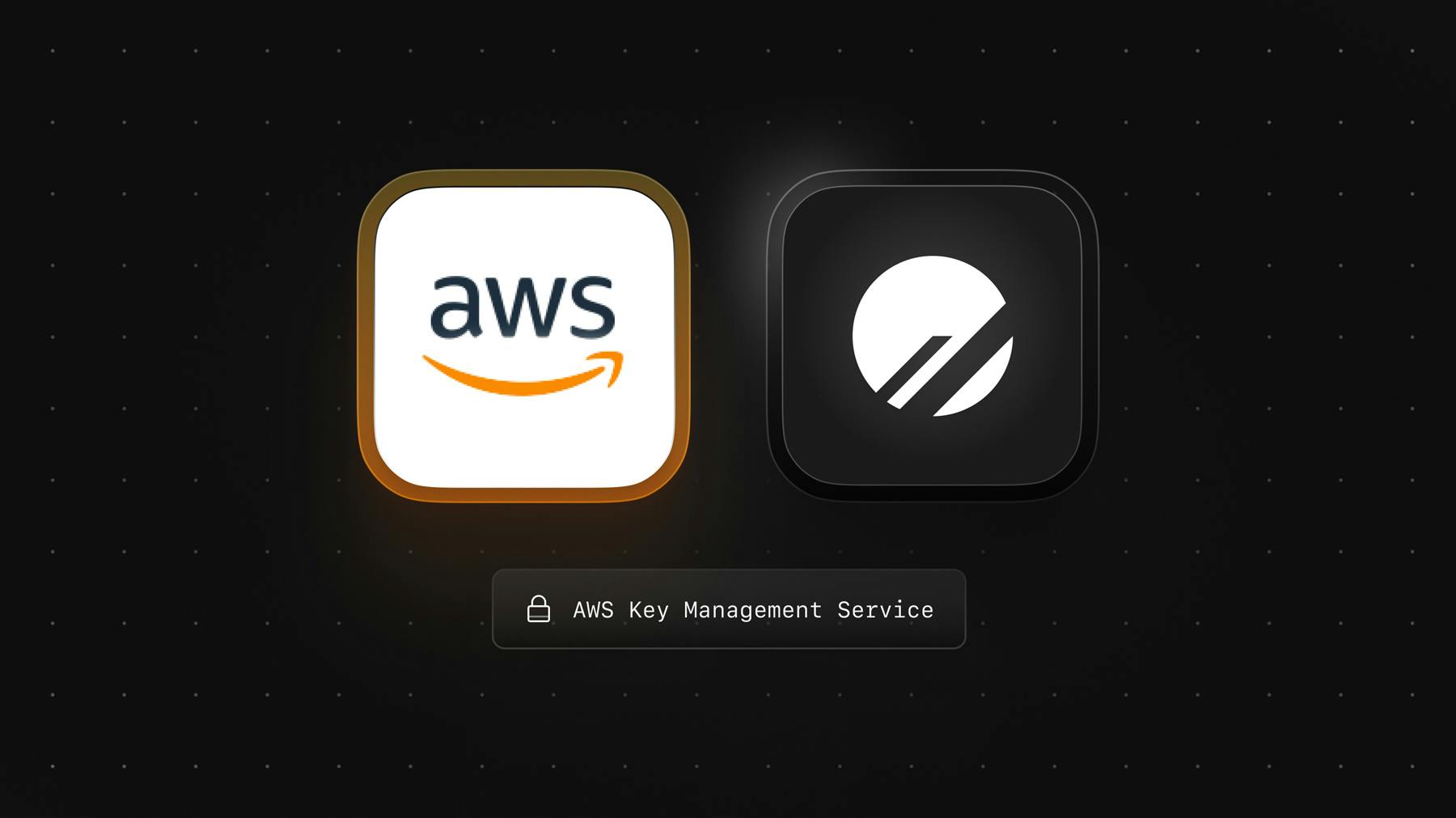
Secure your connection string with AWS KMS
Learn how to encrypt your connection strings so that not even AWS can access them.

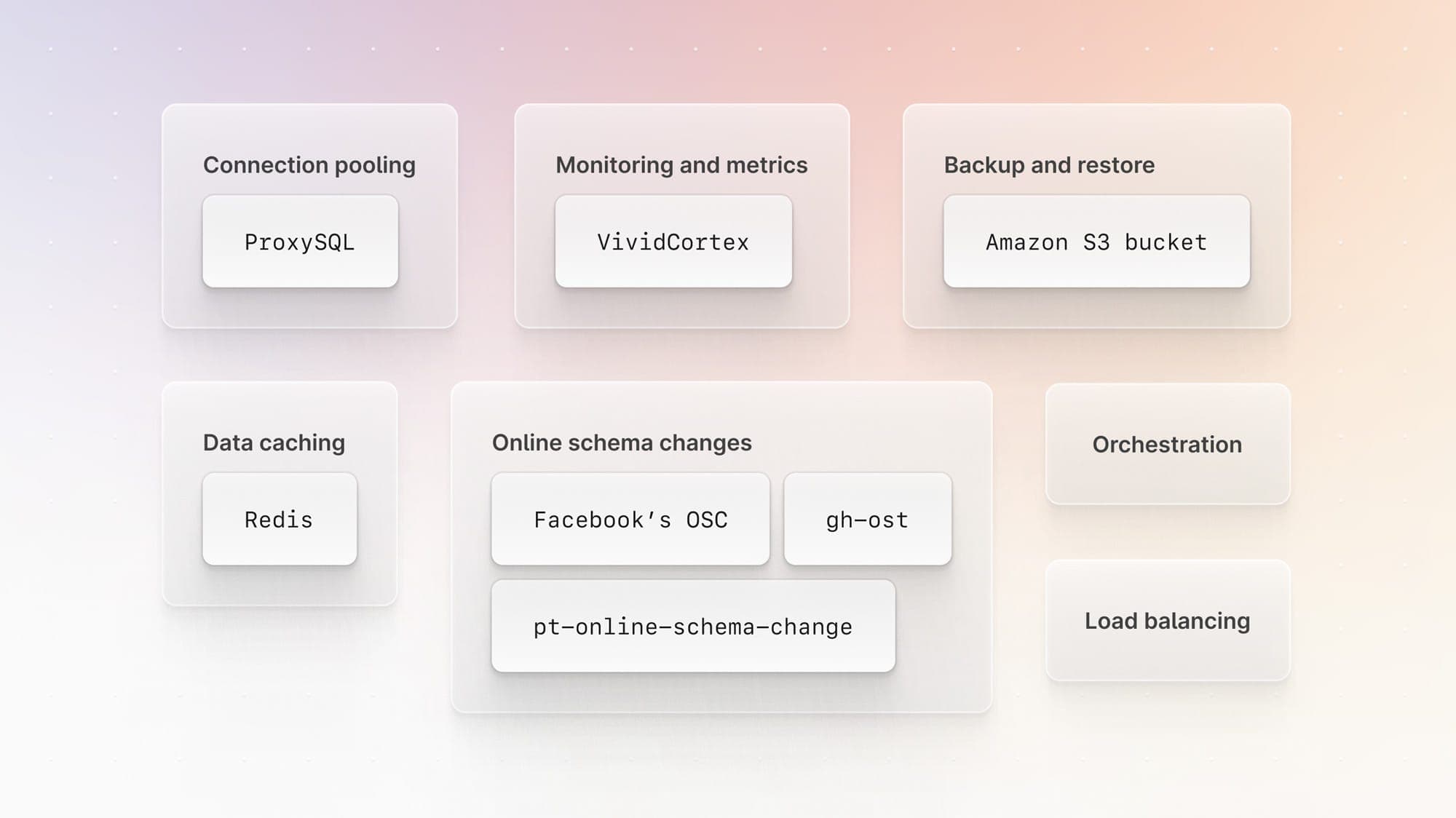
All of the tech PlanetScale replaces
PlanetScale is more than just a drop-in replacement for MySQL. Learn about everything PlanetScale can do for you

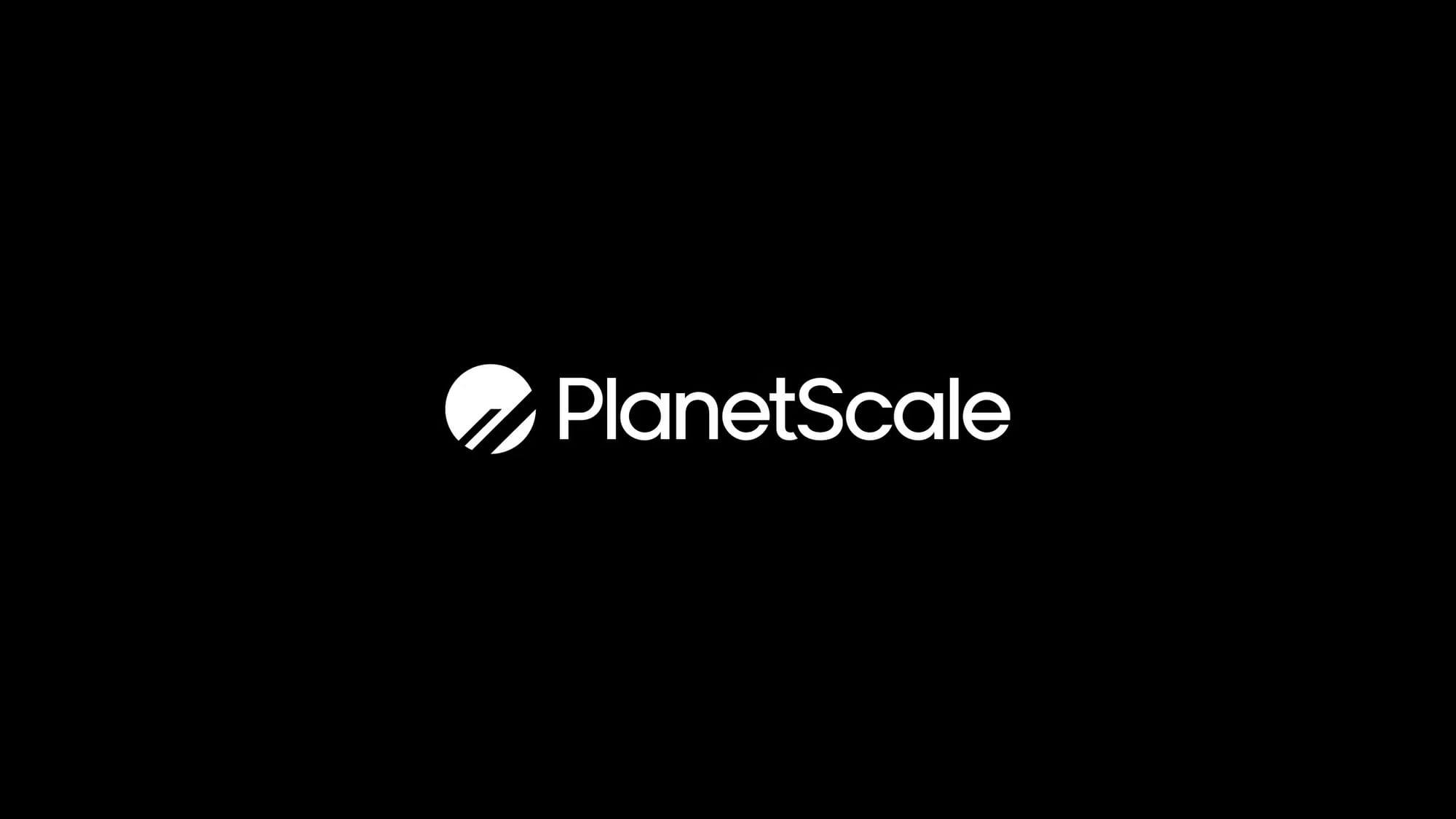
PlanetScale and HIPAA
PlanetScale can now enter into Business Associate Agreements (BAA) with customers on an Enterprise plan.


How PlanetScale Boost serves your SQL queries instantly
Learn how we use a partial materialization engine for database caching alongside your database.


Introducing PlanetScale Boost
Up to 1 000× faster queries in just a few clicks with our groundbreaking caching technology.


One million connections
Learn how to use PlanetScale to safely include your database in your serverless functions without hitting connection limits in MySQL.

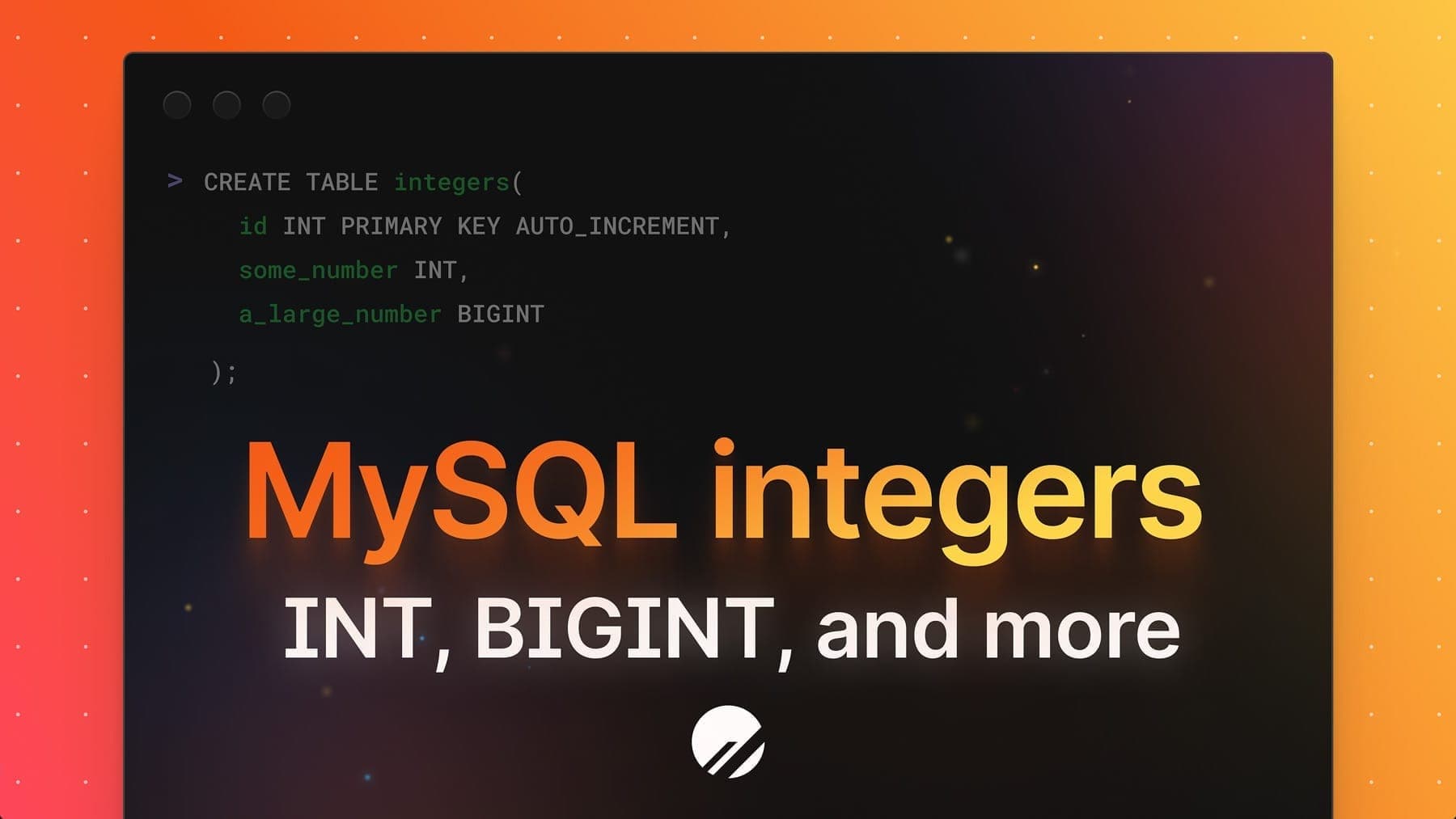
MySQL Integers: INT BIGINT and more
Gain a deeper understanding of the MySQL integer types by exploring the different options (INT BIGINT MEDIUMINT etc) and how they are stored.

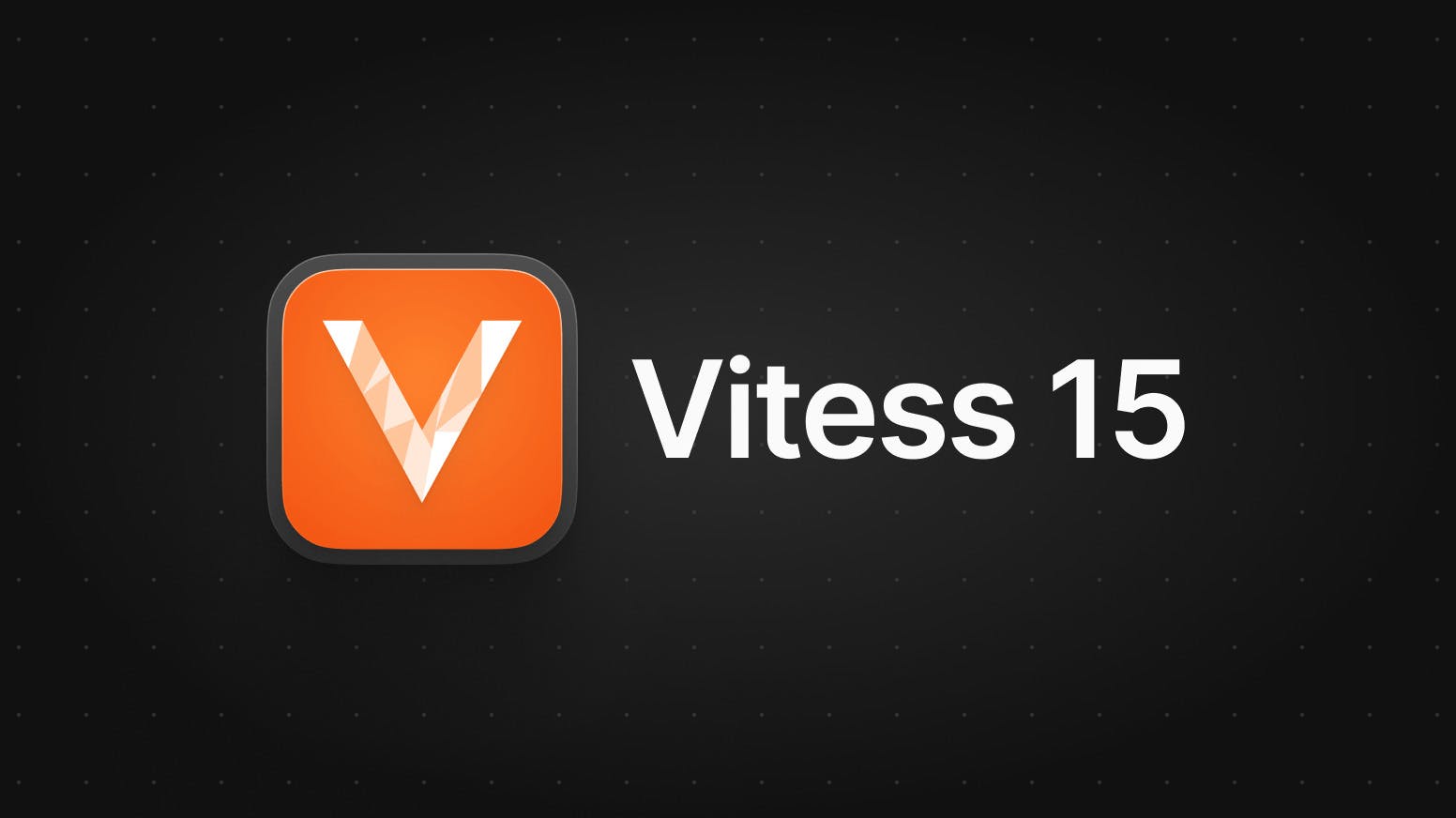
Announcing Vitess 15
Vitess 15 is now generally available with updates to VTOrc VTAdmin MySQL compatibility and more.

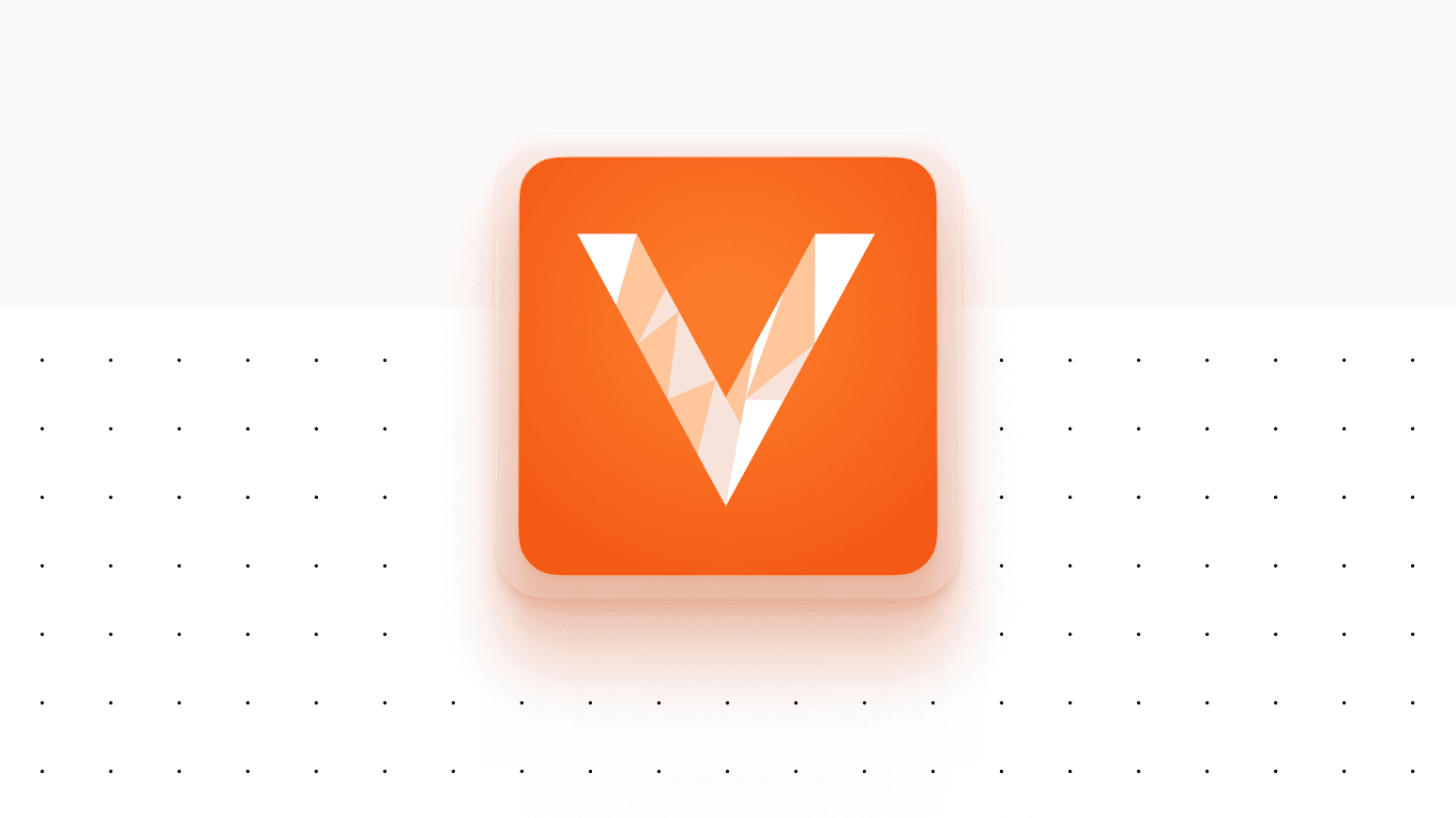
What is Vitess: resiliency, scalability, and performance
Learn what Vitess is, how it works, and how it can improve your database‘s resilience, scalability, and performance.

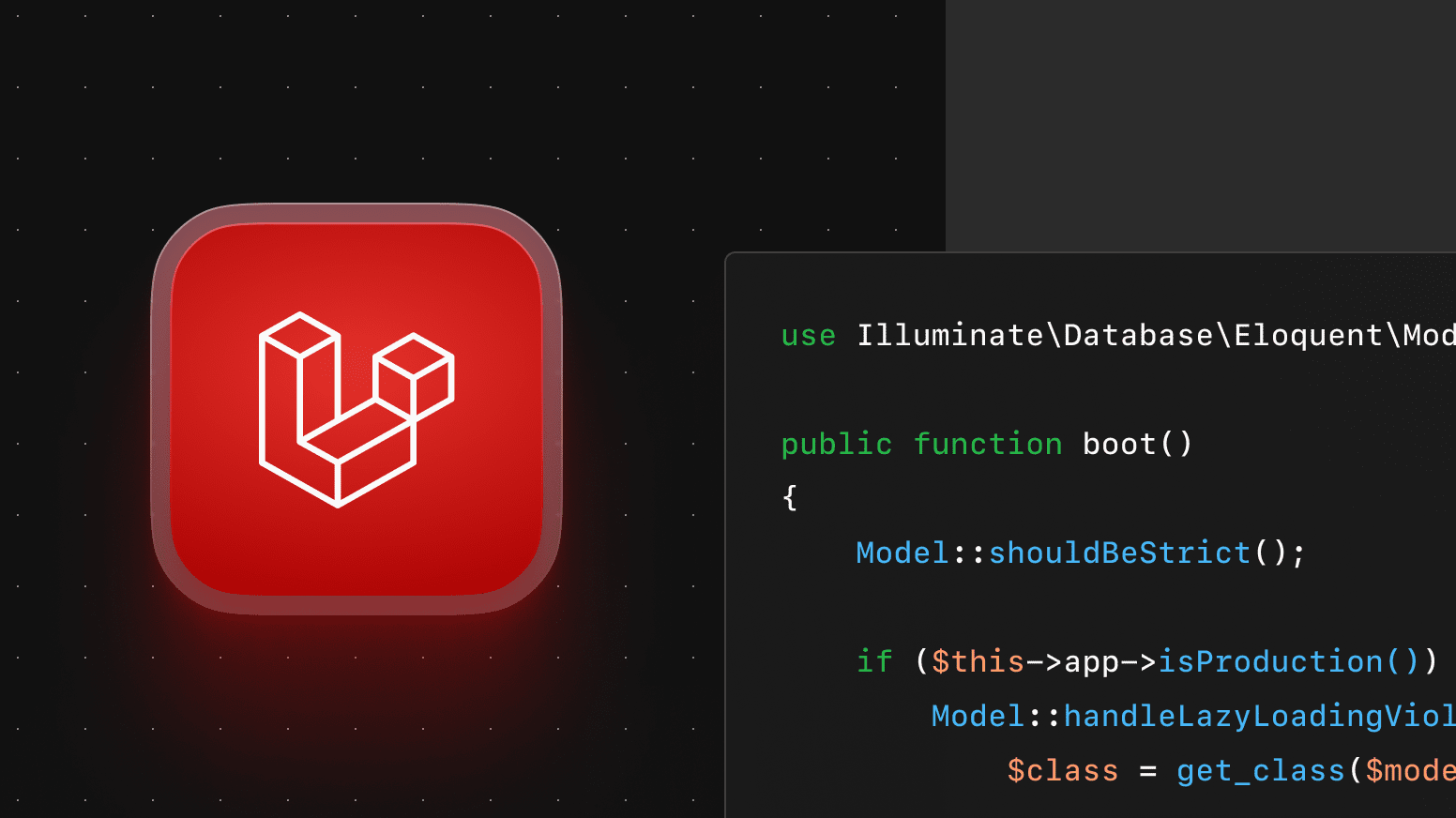
Laravel’s safety mechanisms
A comprehensive overview of Laravel’s many safety features that can help you prevent painful mistakes.

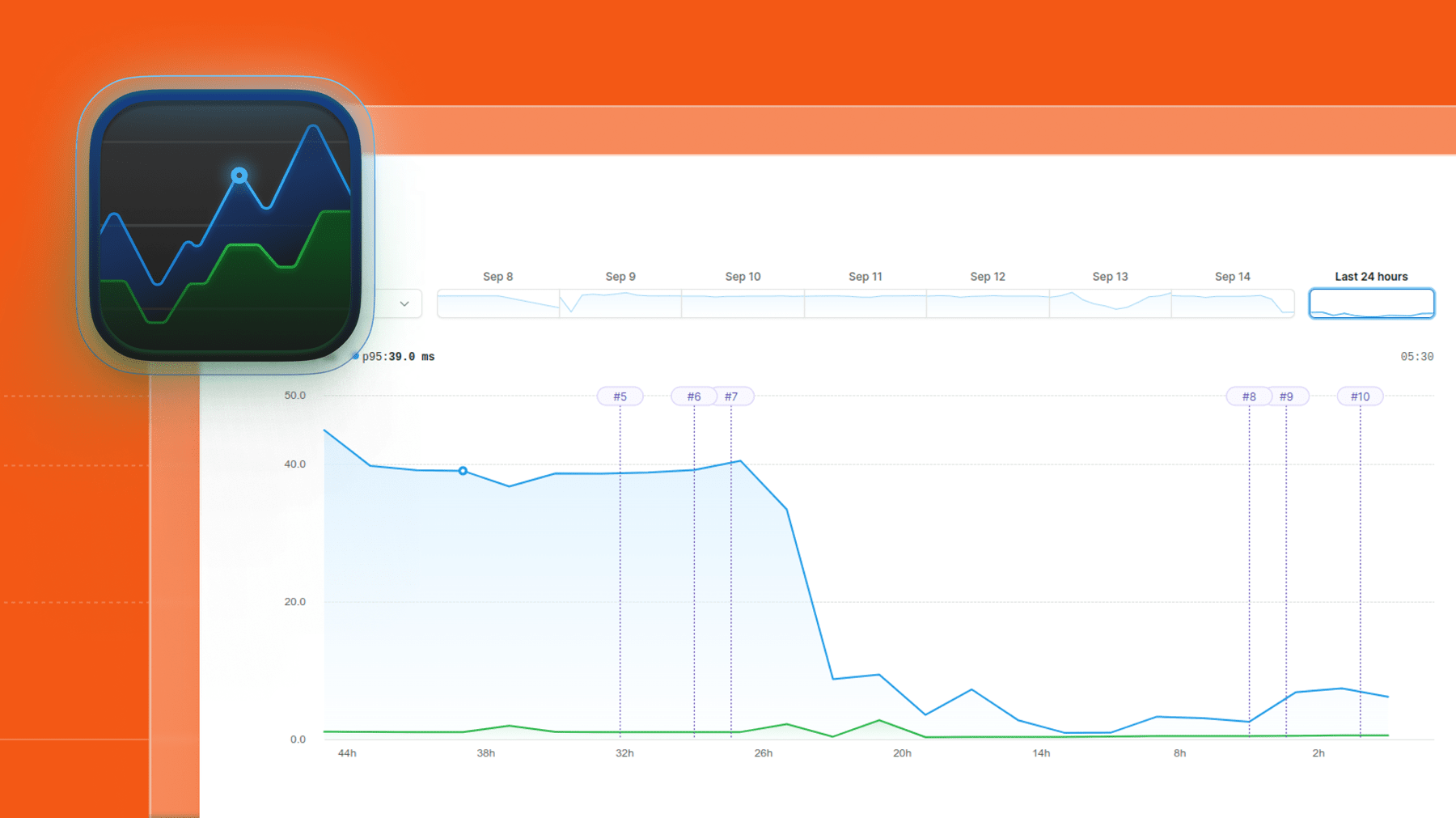
Optimizing queries in arewefastyet
Learn how we detected and optimized two slow queries in arewefastyet using PlanetScale Insights.


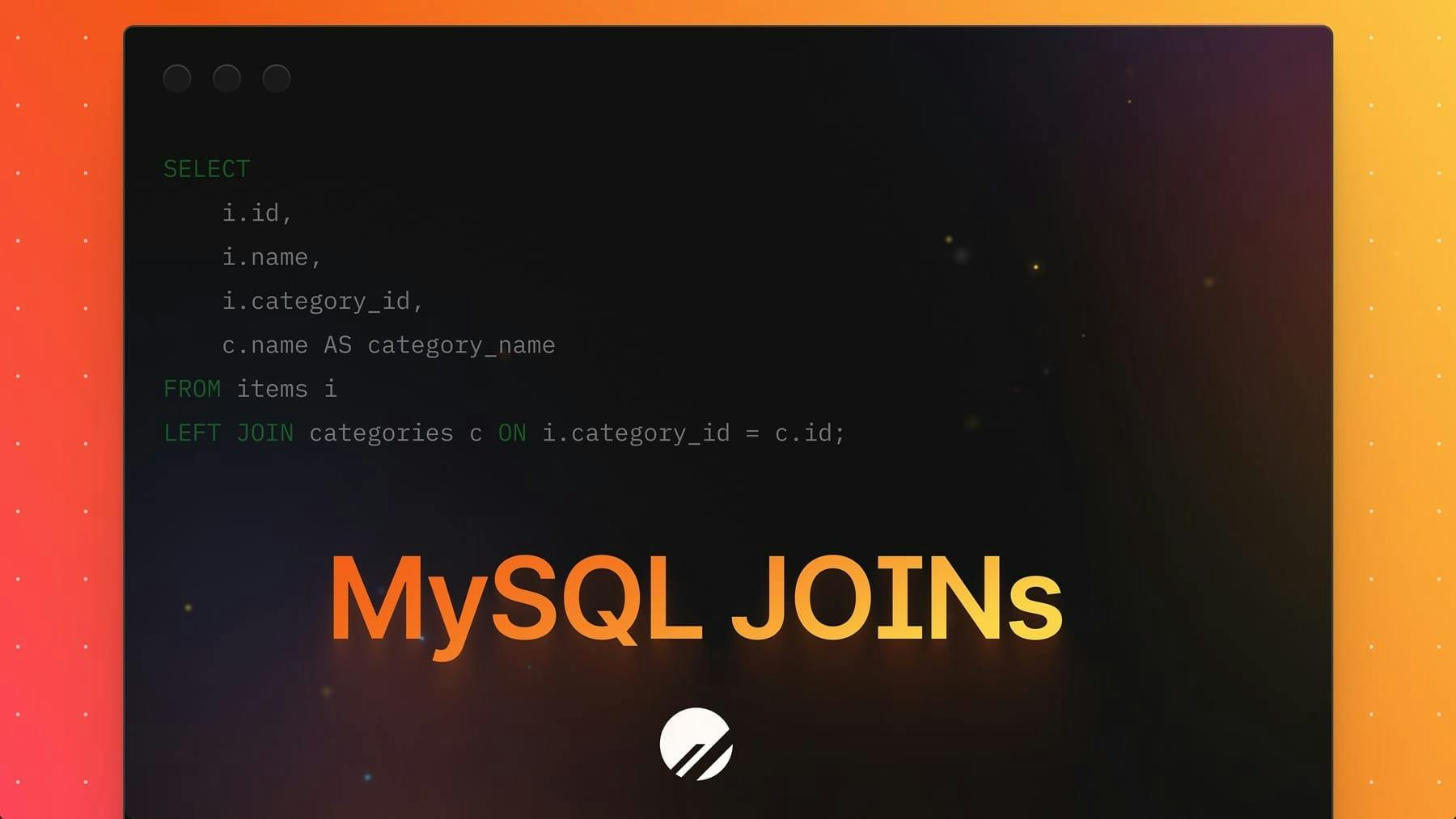
Introduction to MySQL joins
Learn how and when to use inner joins, outer joins, left joins, and right joins in MySQL.

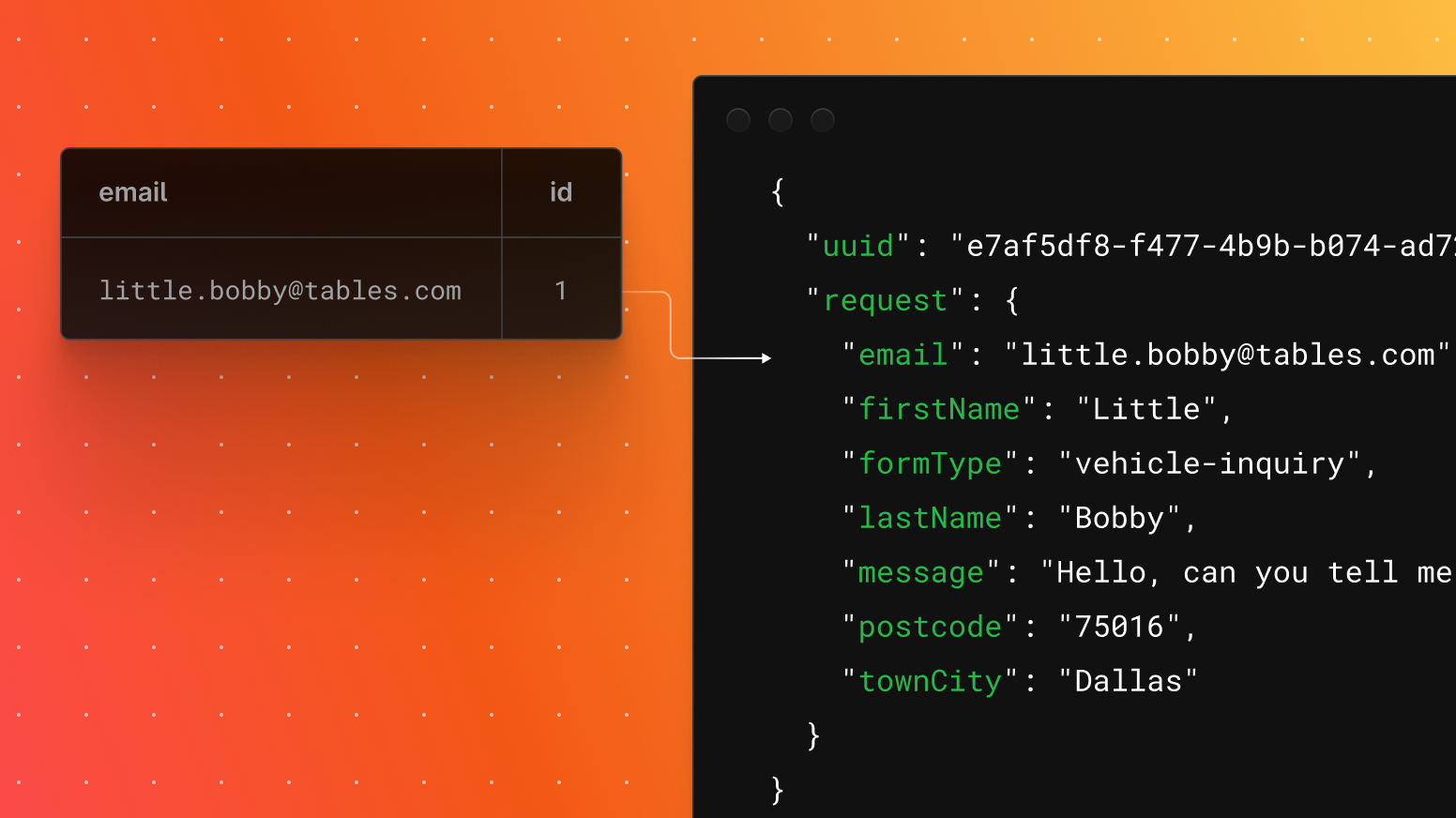
Indexing JSON in MySQL
Learn how to index JSON in MySQL with generated columns and functional indexes.

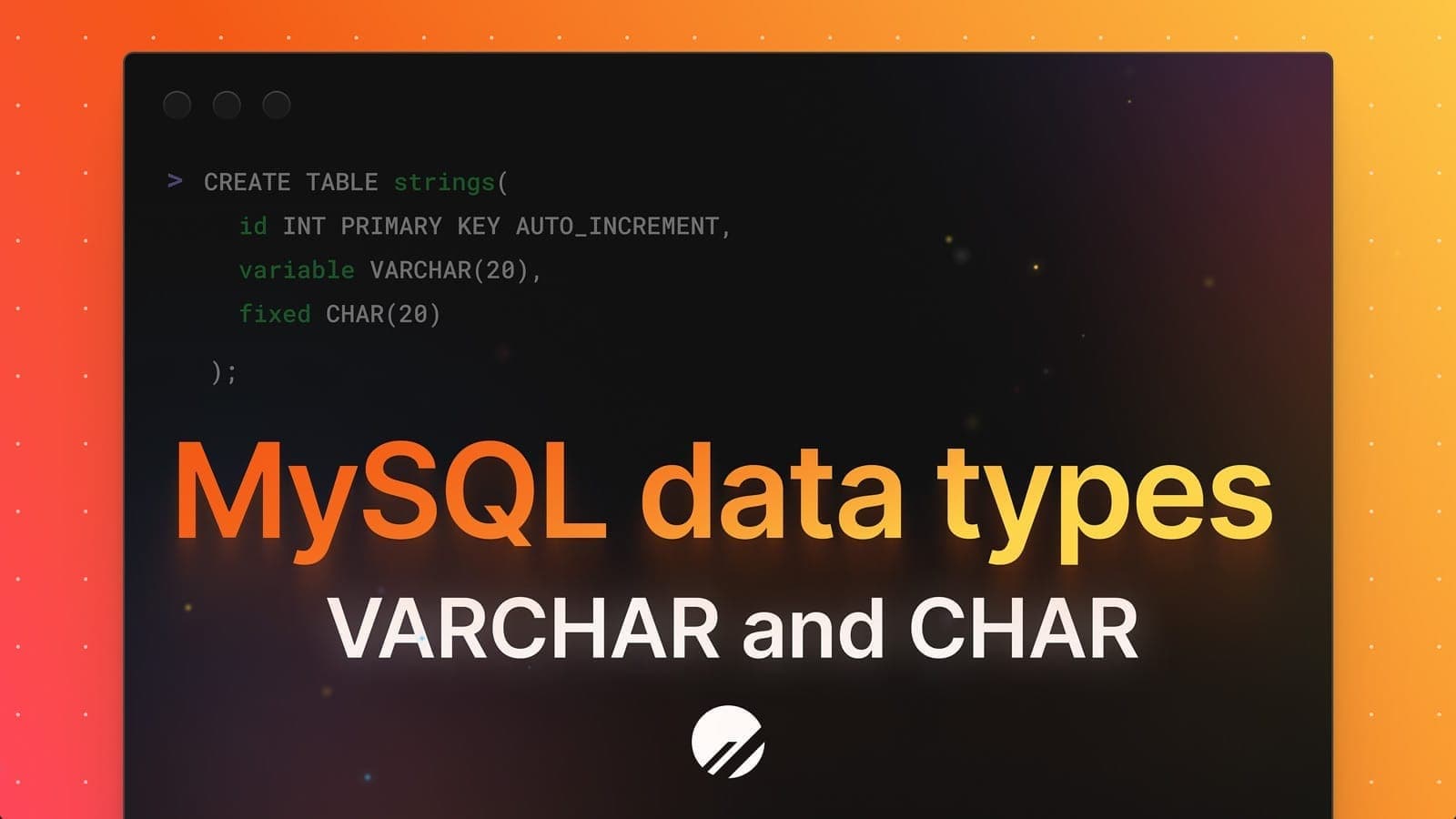
MySQL data types: VARCHAR and CHAR
In this entry of the series we explore using VARCHAR and CHAR data types in your database and give some pointers on which type is best to use and when.

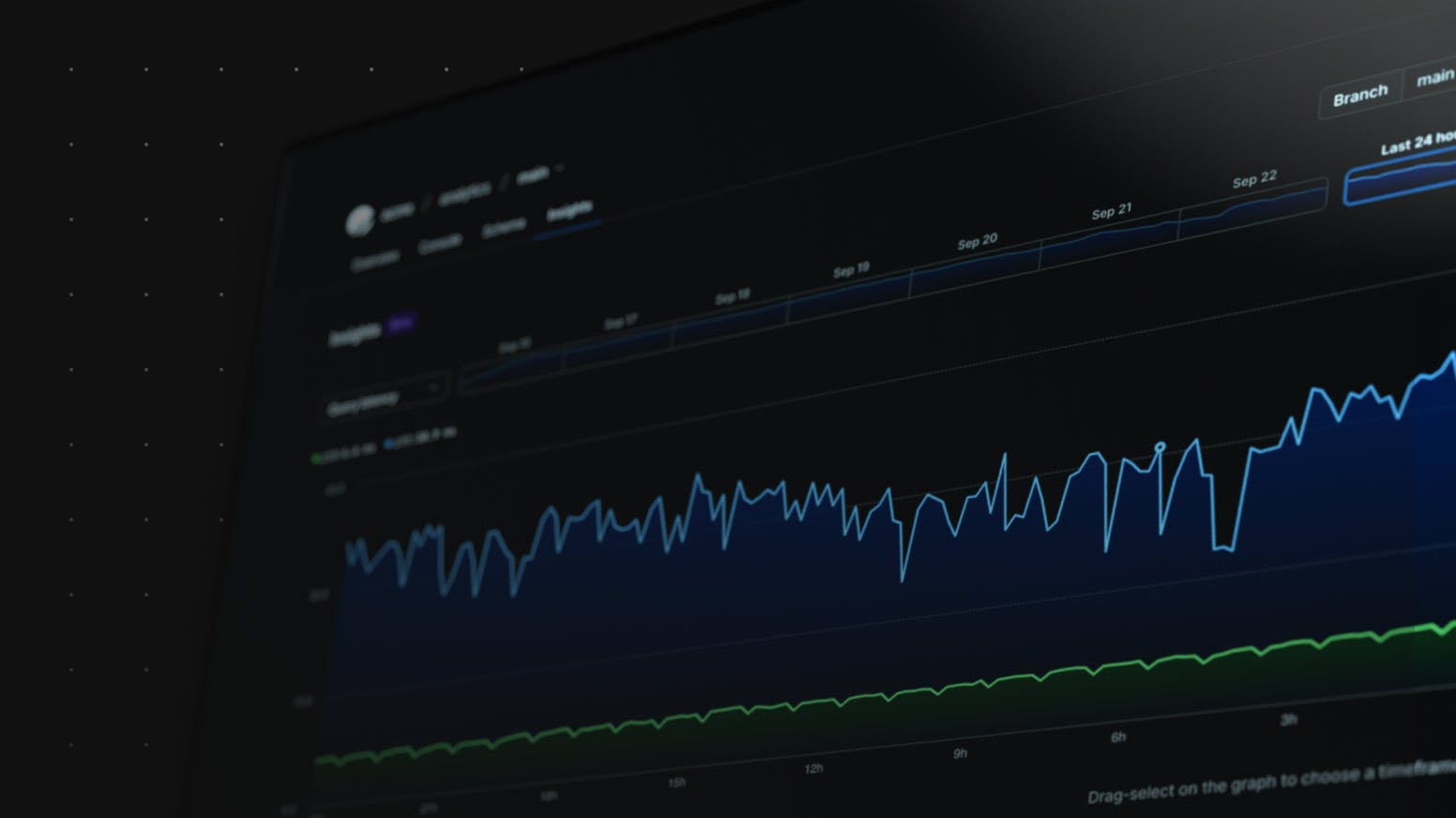
Debugging database errors with Insights
Learn about the new PlanetScale Insights database errors feature.

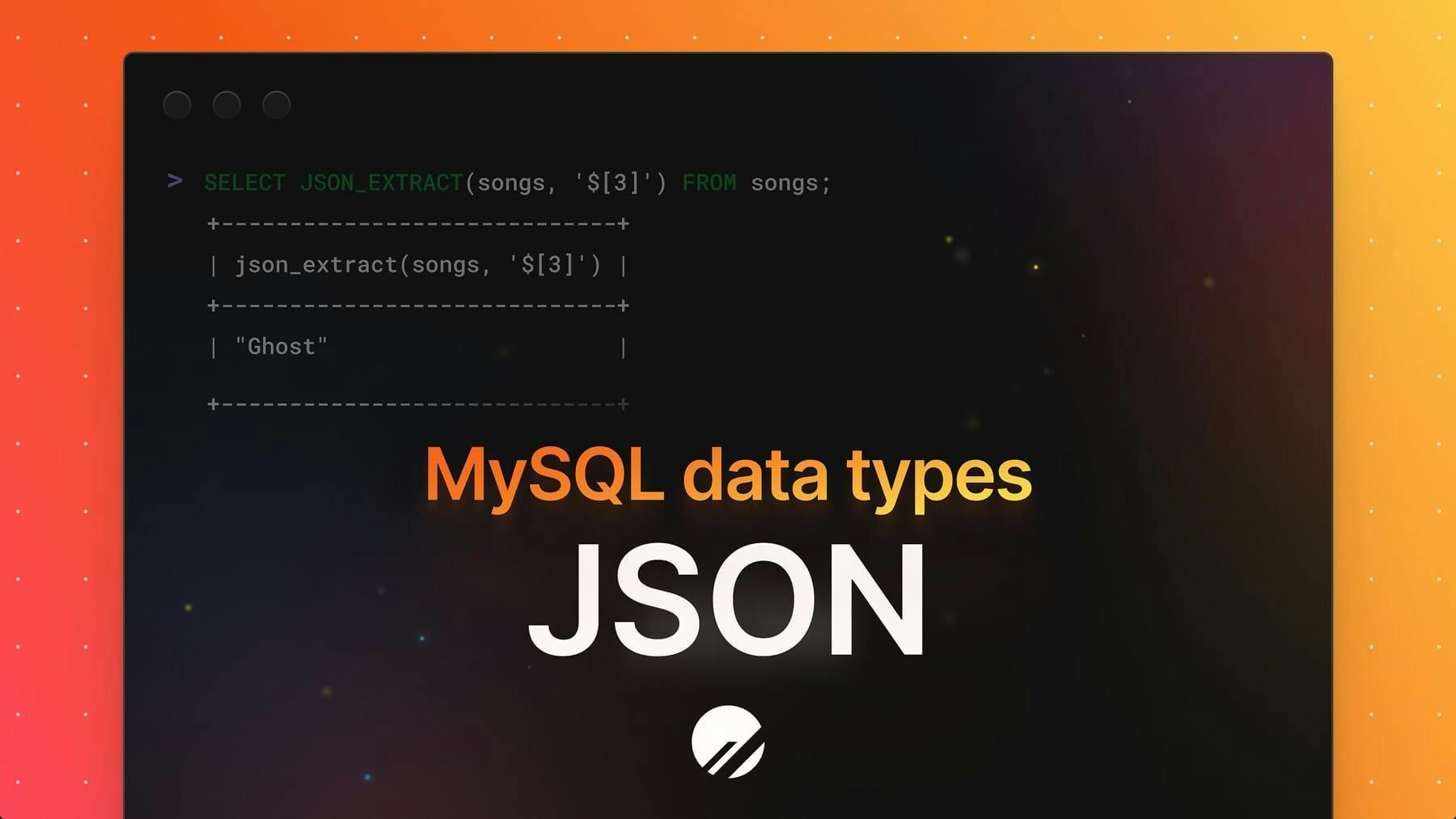
The MySQL JSON data type
Learn what the MySQL JSON data type is when to use MySQL JSON and some caveats to using JSON documents in relational databases.


Using the PlanetScale serverless driver with AWS Lambda functions
Learn how to use the PlanetScale serverless driver by creating a serverless API in AWS with JavaScript.

